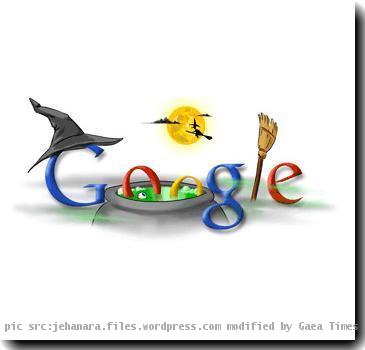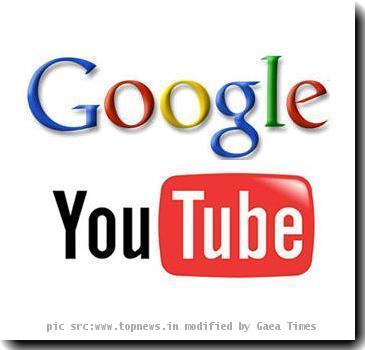Google likely to win EU ad battle, but experts say the fight with brand-owners will go on
By Raphael G. Satter, APFriday, March 19, 2010
Google likely to win EU court battle over ads
LONDON — Google looks likely to win a European high court battle over how it uses keywords in advertising — but legal experts say the issue is likely to keep rattling the search giant.
Rights owners have long complained about Google Inc.’s practice of allowing advertisers to promote their products to customers searching for a rival’s goods. Software, airline, luxury goods companies and even a law firm have taken Google to court in a bid to stop the practice, arguing that it hijacks their brand name and misleads consumers.
The case being decided at the European Court of Justice in Luxembourg next week pits Google against a number of French luxury goods firms including LVMH, the firm behind Louis Vuitton handbags.
The companies complain that Google broke the law by accepting ads using brand names without permission, and they fear that counterfeiters and unofficial online stores can buy a keyword such as “Louis Vuitton” and use it to advertise bogus bags.
Even if the LVMH Moet Hennessy lawsuit fails next week, the ruling is unlikely to staunch the flow of legal action against Google in the U.S., according to Eric Goldman, who heads the High Tech Law Institute at Santa Clara University of Law.
“Typically the U.S. is rather blase about foreign legal developments,” Goldman said. “So no matter what we hear from the European Court of Justice on Tuesday, it won’t directly shape legal standards here.”
Google, the world’s most popular search engine, makes most of its revenue by selling advertising triggered by words entered into its search bar. When a user searches for “shoes” or visits a partner site that mentions those words, advertising for footwear retailers often appear at the head of the search results or to the side. A word for a company’s brand name can trigger a sponsored ad for the company itself, but it might trigger an ad for a competitor — or even counterfeiters.
At least eight lawsuits related to the practice are still pending against Google in the U.S. alone, according to Goldman.
But signs so far point to a favorable outcome for the Mountain View, Calif.-based company in next week’s case in Europe. A European Union court adviser said last September that Google was not violating the companies’ trademarks when it sold brand names as search keywords. Although the advice is nonbinding, the European Court has largely tended to follow it.
Goldman said “Google would be ecstatic if they got a ruling like that.”
Google itself did not immediately respond to an e-mail seeking comment. The company has said that it screens its automated ad-placement system for obvious abuse of trademarks, but can’t be held accountable for every instance in which an advertiser tries to buy a brand name.
It’s not clear how much money Google makes from brand-name ads placed by third parties, but its ad word business as a whole is worth about $20 billion a year, so even a small percentage translates into a lot of money.
If the Google gets a clear win next week, Goldman said it would be a big plus for the search engine. American Airlines sued Google over the matter in 2007, only to settle the case a year later. That same year Utah’s state legislature — under pressure from Google and others — repealed a trademark registry intended to prevent rival advertisers from luring customers searching for brand name products online. Other legal actions have been inconclusive or are still pending.
Tags: Europe, London, North America, Ownership Changes, United Kingdom, United States, Western Europe

